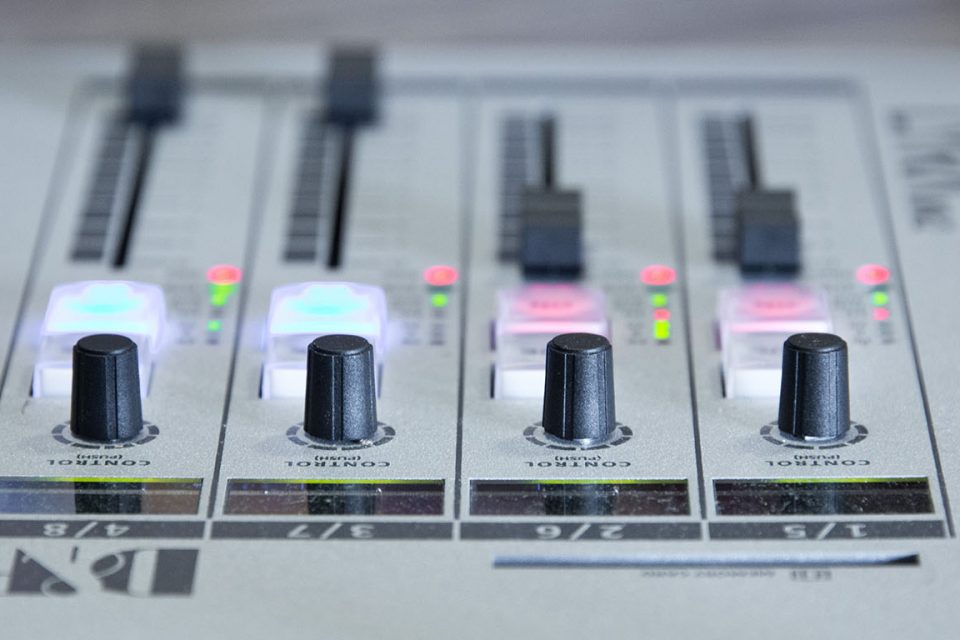Citing financial difficulties, J&E Manufacturing will permanently close all of its Minnesota locations, including plants in Plymouth, Lakeville and Shakopee. The closures leave about 145 workers without a job.
The precision machining and fabrication company is based out of Plymouth.
In a notice to the state, the company said it tried other options before deciding to close, including through a potential sale of the business.
Layoffs began on June 2, but according to the notice, some employees could see retention for “a limited period of time beyond that date.” Affected positions range from CEO and plant managers to account managers and general laborers.
None of the employees laid off are represented by a union, according to the notice.
J&E Companies has not yet responded to a request for comment.







